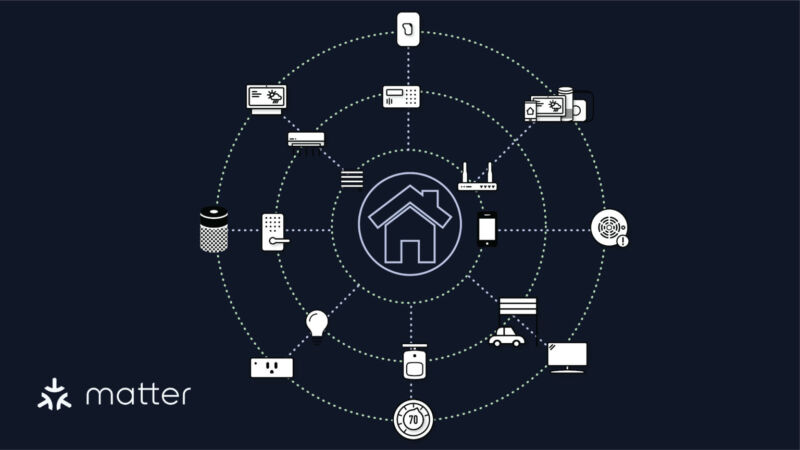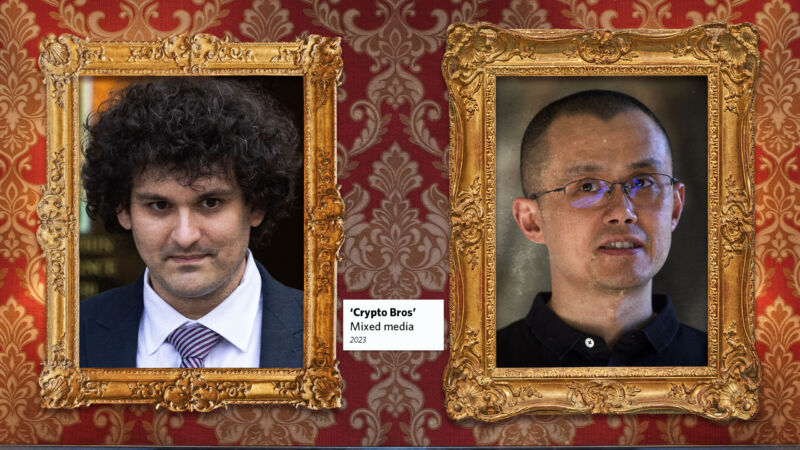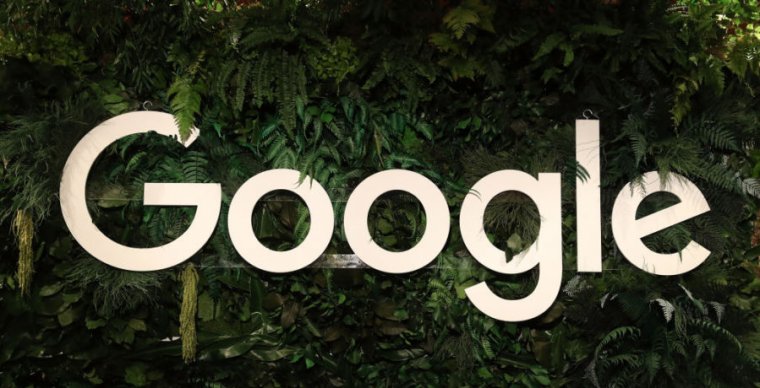
Enlarge / A jackdaw tries to remember what color it was thinking of. (credit: Frans Buiter / 500px)
Humans tend to think that we are the most intelligent life-forms on Earth, and that we’re largely followed by our close relatives such as chimps and gorillas. But there are some areas of cognition in which homo sapiens and other primates are not unmatched. What other animal’s brain could possibly operate at a human’s level, at least when it comes to one function? Birds—again.
This is far from the first time that bird species such as corvids and parrots have shown that they can think like us in certain ways. Jackdaws are clever corvids that belong to the same family as crows and ravens. After putting a pair of them to the test, an international team of researchers saw that the birds’ working memory operates the same way as that of humans and higher primates. All of these species use what’s termed “attractor dynamics,” where they organize information into specific categories.
Unfortunately for them, that means they also make the same mistakes we do. “Jackdaws (Corvus monedula) have similar behavioral biases as humans; memories are less precise and more biased as memory demands increase,” the researchers said in a study recently published in Communications Biology.
Read 10 remaining paragraphs | Comments
Source: Ars Technica – Corvids seem to handle temporary memories the way we do


















